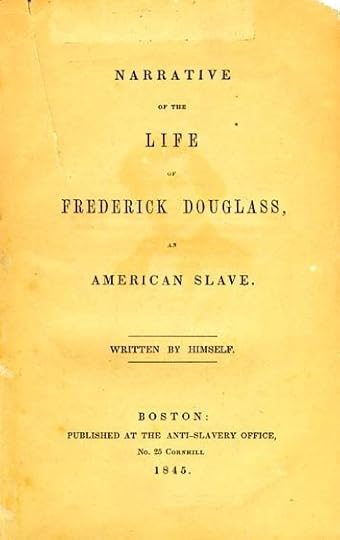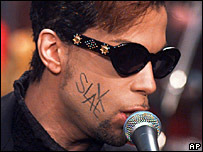unmanageable me
 I woke at dawn yesterday and worked out the penultimate scene of my novel. Before leaving for class at noon I managed to write about 1500 words, and suspect I'll finish Ship of Souls this weekend. The day before I'd been mulling over a conversation I'd had with my agent; I intend to follow her sage advice, but was still disturbed by an editor who called Wish "unoriginal." A comment like that from a book blogger would probably just roll off my back at this point, but when an "industry insider" makes such an assessment, there can be serious repercussions—based, in large part, on my response to the charge.
I woke at dawn yesterday and worked out the penultimate scene of my novel. Before leaving for class at noon I managed to write about 1500 words, and suspect I'll finish Ship of Souls this weekend. The day before I'd been mulling over a conversation I'd had with my agent; I intend to follow her sage advice, but was still disturbed by an editor who called Wish "unoriginal." A comment like that from a book blogger would probably just roll off my back at this point, but when an "industry insider" makes such an assessment, there can be serious repercussions—based, in large part, on my response to the charge.
I'm teaching this course on neo-slave narratives—the same course to two different groups of students at two different schools. And that means I'm considering every text three times: once by myself as I prepare the lesson, then twice at my respective jobs. It's interesting how the same text can reveal greater complexity each time you talk about it. I feel like I've read Frederick Douglass' Narrative a hundred times, but this time around it seemed as though he was addressing racial dynamics in the publishing industry. Yesterday I had my students break into groups and look up Douglass' references to black women, white women, black men, white men, Christians, and children. They found that Douglass made a point of exposing the utter vulnerability of black women, whereas white women were depicted as potential allies who inevitably succumbed to "the fatal poison of irresponsible power." Sophia Auld begins to teach young Douglass to read, but is schooled by her husband on the dangers of creating an educated slave: "He would at once become unmanageable, and of no value to his master." Douglass, of course, determines to read and write at any cost and does indeed become impossible to manage. He defies the man hired to "break" him and seizes his freedom by becoming a fugitive.
 Now, eventually I'm going to show my students this image of Prince—I want to know how they feel about contemporary people using slavery as a metaphor. When a wealthy black artist stuck in an unfair contract with his (white-owned) record label writes the word "slave" on his cheek, what does that really mean? I have often objected to certain references to lynching—Clarence Thomas doesn't deserve to invoke that traumatic history when he feels he's being picked on by white senators who can (and did) grant him immense privilege and power. At the same time, I'm urging my students to consider the LEGACY of slavery—how else can we explain the continued fascination with the topic? Why do so many contemporary black writers choose to focus on the slave experience and the quest for freedom? Why do *I* write about slavery? To problematize the notion of progress, that's why. This is NOT a post-racial society; slavery in the US was abolished in the 19th century, yet convicts continue to be exploited and people (mostly women and girls) are trafficked in this country and around the world at an alarming rate.
Now, eventually I'm going to show my students this image of Prince—I want to know how they feel about contemporary people using slavery as a metaphor. When a wealthy black artist stuck in an unfair contract with his (white-owned) record label writes the word "slave" on his cheek, what does that really mean? I have often objected to certain references to lynching—Clarence Thomas doesn't deserve to invoke that traumatic history when he feels he's being picked on by white senators who can (and did) grant him immense privilege and power. At the same time, I'm urging my students to consider the LEGACY of slavery—how else can we explain the continued fascination with the topic? Why do so many contemporary black writers choose to focus on the slave experience and the quest for freedom? Why do *I* write about slavery? To problematize the notion of progress, that's why. This is NOT a post-racial society; slavery in the US was abolished in the 19th century, yet convicts continue to be exploited and people (mostly women and girls) are trafficked in this country and around the world at an alarming rate.
The horrific reality of enslavement diminishes any attempt made by contemporary individuals to position themselves as virtual slaves. Yet I still found myself marking this passage while reading Douglass' narrative: "To all these complaints [made by the white slaveholder], no matter how unjust, the slave must answer never a word…a slave must stand, listen, and tremble." I then thought of June Jordan's essay, "The Difficult Miracle of Black Poetry," in which she concludes that "America has long been tolerant of Black children, compared to its reception of independent Black men and Black women."
…as long as we…remain the children of slavery, as long as we do not come of age and attempt, then to speak the truth of our difficult maturity in an alien place, then we will be beloved, and sheltered, and published.
But not otherwise. And yet we persist.
I'm going to finish Ship of Souls this weekend. I'm going to send it to my agent and hope that she can find an extraordinary editor who's not afraid of dealing with a black author who is determined to be "unmanageable."











